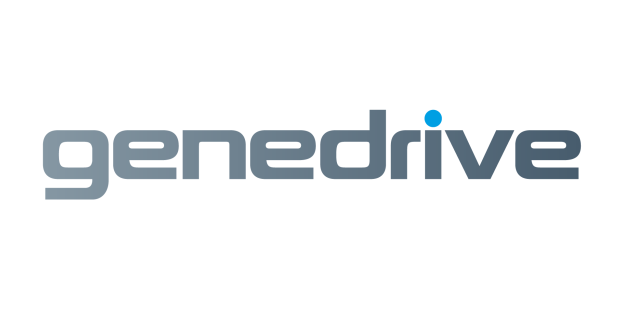Day 1
I started with the Our Views, Our Voices event Impatient for Change: The power of lived experiences in Bridging the Gap for NCDs. There were strong and touching stories from people with lived experience of breast cancer, diabetes and mental health issues. They shared their history and how they became involved in advocacy to strengthen access to health and tackle stigma and discrimination. Mrs Charity Muturi highlighted that there should be “nothing for us without us".
The Civil Society Coordination Session focused on the five main gaps in the NCD response:
- The Leadership Gap Global commitments on NCDs are not enough - they must be matched with the highest level of political leadership and transformative action at national level.
- The Investment Gap Improving health is a long term strategic investment, yet it is often only seen purely in terms of an expense.
- The Community Engagement Gap Government recognition and meaningful involvement in the NCD response of civil society, including people living with NCDs, organizations and communities, has been too slow.
- The Accountability Gap A process of monitoring, review and action, including data and surveillance systems is required.
- The Care Gap To achieve health for all, health systems must be reoriented to integrate NCD prevention and care across the life course to ensure adequate and equitable access without incurring catastrophic expenditure.
In the first satellite session, Delivering and financing quality care for NCDs: leaving no-one behind, high blood pressure was highlighted as a deadly condition that needs to be addressed. I gained greater recognition of how this major risk factor for stroke needs to be prioritized in my stroke awareness activities in Nigeria.
Day 2
The plenary Saving lives and protecting communities through transformative NCD policies and solutions shone a light on the work of the NCD community and how collective civil society power can be harnessed to help bridge the gaps, accelerating progress and saving lives. A people powered movement can unleash the untapped potential of people living with NCDs and turbocharge the response. No amount of scientific or medical knowledge can replace the insights of lived experiences. People living with and affected by NCDs are important agents of change.
Day 3
The plenary Enhancing accountability for all people with NCDs everywhere through transformative and inclusive governance highlighted that the foundations of good governance and accountability are vital. The panel discussed the importance of inclusive, transparent, open governance and accountability frameworks.
I attended the workshop Sustainable investment, smarter financing for NCDs: The power of civil society in driving change in which is was underlined that bridging the gap on NCDs will not be possible without addressing the resource gap and advancing sustainable financing for national responses. This really resonated with my experience of the lack of resources to enable those of us working in the community to really fulfil our potential in the NCD response.
The Global NCD Alliance Forum gave me a lot to reflect upon and was a valuable opportunity to share the reality of working on stroke in Nigeria and to connect with members of both WSO and the global NCD community.

 Member login
Member login











